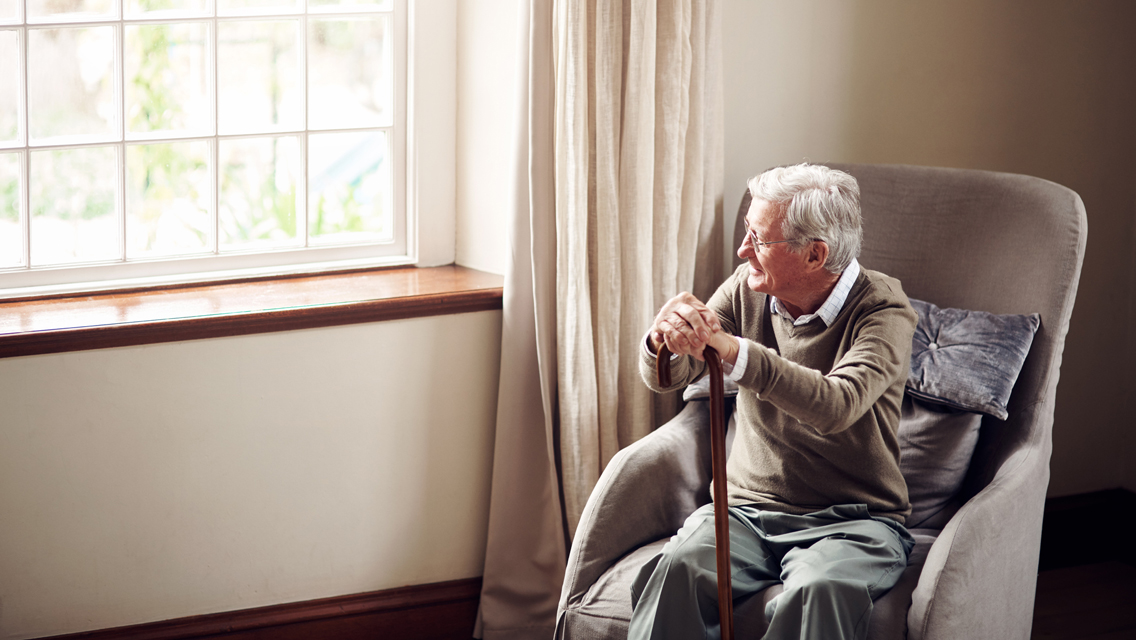I was discussing the magazine’s budget with a colleague the other day and found myself searching my memory banks in vain for a term that would’ve succinctly explained something that required explaining.
“It has to do with assets and taxes and such,” I blathered in a way that probably did not inspire confidence in my financial acumen — or my aging brainpower. My young coworker shrugged, I cast my eyes toward the heavens, and we moved on to other topics. I was left wondering, though, whether such cognitive glitches were gradually becoming the norm as I traipse through my eighth decade. After all, it’s not like it was the first time a once-convenient word or concept had eluded my grasp, only to intrude upon my consciousness minutes, hours, or even days later.
While there’s no reason to project these episodes as the beginning of a long, inexorable descent into dementia, they do serve as a reminder that the aging brain is subject to some degree of wear and tear. And with Big Pharma offering little more than faint hopes of mitigation — at prices well beyond the reach of most seniors — it seems we’re left with few palatable options.
Or are we?
A raft of research in recent years suggests that lifestyle upgrades in areas such as physical activity, diet, stress management, and sleep may delay — and even reverse — cognitive decline. Just last week, for instance, a team of researchers from the University of California, San Francisco (UCSF), and Kaiser Permanente Washington released the results of a study showing the salutary cognitive effects of personalized health coaching among a pool of older adults.
Kristine Yaffe, MD, vice chair of research in psychiatry at UCSF, and her team recruited 172 seniors ranging in age from 70 to 89 for the two-year study. Each participant exhibited at least two of the eight risk factors for dementia: smoking, social isolation, depressive symptoms, physical inactivity, sleeplessness, uncontrolled diabetes, uncontrolled hypertension, and the use of cognitively risky prescription medications. Researchers randomly assigned about half of the participants to meet with a nurse and health coach at the outset of the study to discuss how to address specific risk factors. Then they consulted with a coach every few months over a two-year period. The other half of the group received health education materials every three months during the same period.
Measuring cognitive performance at the completion of the study, researchers reported that participants in both groups saw a “modest” boost in their cognitive scores, but the improvement for those who worked with a health coach was 74 percent higher than that of the control group.
Measuring cognitive performance at the completion of the study, researchers reported that participants in both groups saw a “modest” boost in their cognitive scores, but the improvement for those who worked with a health coach was 74 percent higher than that of the control group. It was, Yaffe argues, a groundbreaking attempt to learn whether a more focused coaching approach would yield better results than earlier studies.
“This is the first personalized intervention, focusing on multiple areas of cognition, in which risk factor targets are based on a participant’s risk profile, preferences, and priorities, which we think may be more effective than a one-size-fits-all approach,” she notes.
I know what you’re thinking — Who can afford a health coach? — so the results of earlier research may ease cognitive dissonance and offer some measure of hope. Here’s a small sample:
- The results of a 2021 study, published in PLOS Medicine, involving more than 6,000 adults 80 years old and older showed that a healthy lifestyle was associated with a lower risk of cognitive impairment — even if the participant was genetically predisposed to developing dementia.
- In 2019, University of Iowa researchers reported that a single bout of exercise can boost working memory and overall cognitive function in older adults.
- A 2018 meta-review of 19 studies published in the Journal of the American Geriatrics Society found that septuagenarians who engaged in aerobic exercise for about 150 minutes per week improved their cognitive performance compared with non-exercisers — who saw their brain function decline.
- And in 2018, researchers at Massachusetts General Hospital described how physical exercise can “clean up” a hostile inflammatory environment in the brains of lab mice and improve cognitive performance.
I’d like to think it was my morning workout routine that a week or so later dislodged the financial term that had been eluding me (it was depreciation), but the word emerged out of the ether for no apparent reason — and my exercise regimen had done nothing to help me grasp it in the first place. That’s why it’s hard to trace with any accuracy the mysterious forces that may aid or attack the aging brain at any moment. I’m simply left with the vague sense of appreciation — better late than never — that typically accompanies such a tardy revelation.
Still, it’s reassuring to imagine that my contemporaries and I may be able to exercise some agency in the ongoing campaign to retain most of our marbles in our dotage. Even if we can’t afford to hire a health coach.





This Post Has 0 Comments